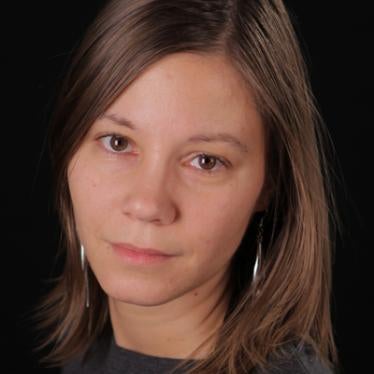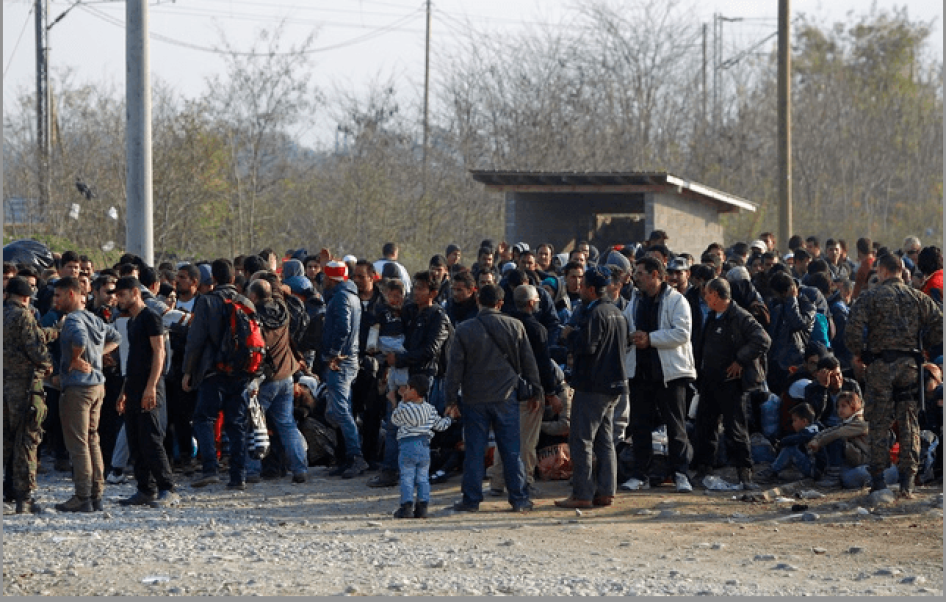The beggar-thy-neighbor border policies that have characterized much of the European response to the refugee crisis seem to be getting even worse.
Four Western Balkan governments have now blocked asylum seekers and migrants of certain nationalities from entering their territory, effectively barring them from accessing asylum procedures. As a result, people are once again trapped at European borders.
It appears that Slovenia triggered the latest chain reaction. Following an informal meeting in Slovenia on November 17 between Western Balkan interior ministry officials, Slovenia imposed border restrictions effective as of November 18, saying it would no longer accept “economic migrants.”
Media reports say that Serbia now only admits people from Syria, Afghanistan and Iraq and only those in possession of ID documents or registration documents from Greece. Croatia is reported to allow only Syrians, Afghans, Iraqis and Palestinians to enter the country from Serbia. Media reports and activists say that the Former Yugoslav Republic of Macedonia is blocking people from Pakistan, Sudan, Sri Lanka, Morocco, Liberia and the Democratic Republic of Congo from entering via its land border with Greece, the country that is the main point of entry into Europe. None of the states has produced any reasonable justification as to why they are singling out certain nationalities for worse treatment.
This direct discrimination against specific nationalities - preventing them from exercising their right to seek asylum - puts people at risk of being further stuck at various borders in Europe, exposed to harsh conditions as the weather gets colder. Doctors without Borders reported that around 6,000 people were already stuck at the Macedonia-Greece border overnight on Thursday.
Segregation based on nationality runs counter to the right to seek asylum set out in the Universal Declaration of Human Rights; the principle of non-discrimination under the European Convention on Human Rights; and the right to asylum under the EU Charter of Fundamental Rights. The UN refugees agency (UNHCR), children’s agency (UNICEF) and the International Organization for Migration (IOM) described the situation as “increasingly untenable from every point of view – humanitarian, legal, and also safety related.”
The new restrictions are the latest in a series of cascading border closures in Europe, starting with Hungary’s border closure with Serbia on September 15, followed by its border closure with Croatia on October 16.
Instead of collective discrimination at borders, EU member states Slovenia and Croatia and candidate countries Serbia and Macedonia should coordinate to ensure that everyone can present their asylum claims and that people are not trapped at borders amid worsening weather.










